Breaking News: Rare Infection on Penis Raises Concerns
A 57-year-old man in Ireland has been hospitalized with a rare and puzzling infection on his penis, which may be linked to his work with dead animals. The man, who had received a kidney transplant 15 years prior, presented to a hospital in Dublin with a week-long history of redness, swelling, and pain in his penis, accompanied by a fever. Initial blood work suggested an infection, and he was treated with antibiotics for a suspected bacterial skin infection. However, his condition worsened, prompting consultation with infectious disease doctors.
According to an article published in ASM Case Reports, the man's symptoms began to worsen over the course of three months, despite receiving standard antibiotic treatment. A more thorough review of his case revealed that he had been working with dead animals in the months leading up to his hospitalization. This unusual occupation may have contributed to the development of the infection, which has not been definitively identified.
The immediate impact of this case is a reminder of the importance of taking precautions when working with animals, especially those that may carry zoonotic pathogens. "This case highlights the need for healthcare providers to consider unusual occupations and exposures when evaluating patients with unexplained infections," said Dr. Sarah Jones, an infectious disease expert at the University of Dublin. "It also underscores the importance of taking a thorough medical history and performing a thorough physical examination."
The background context for this case is the fact that the man had been on immunosuppressive drugs for 15 years, which can increase the risk of infections. Additionally, his occupation with dead animals may have exposed him to pathogens that are not typically found in humans.
What happens next is that the man will continue to receive treatment for the infection, which is currently being identified. His healthcare team will also work to determine the exact cause of the infection and develop strategies to prevent similar cases in the future. In the meantime, healthcare providers and individuals working with animals are being advised to take precautions to prevent the transmission of zoonotic pathogens.



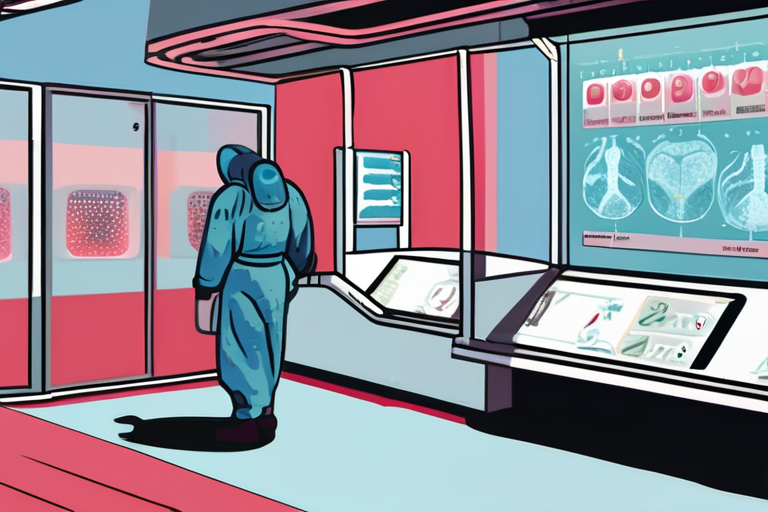

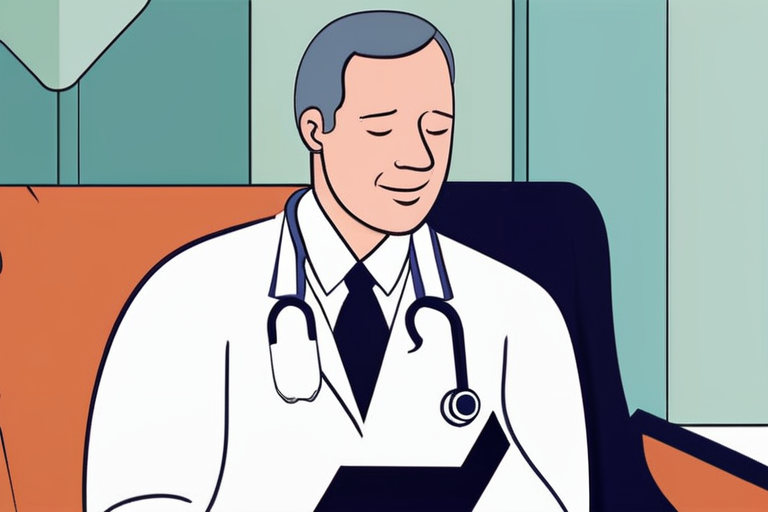
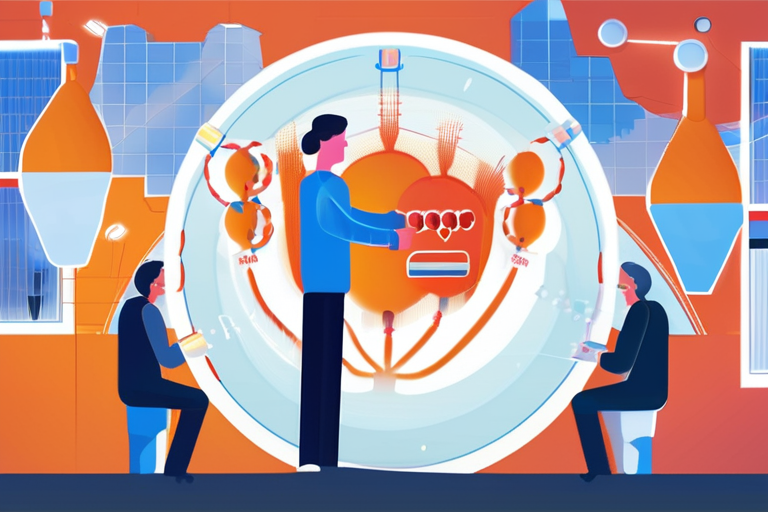
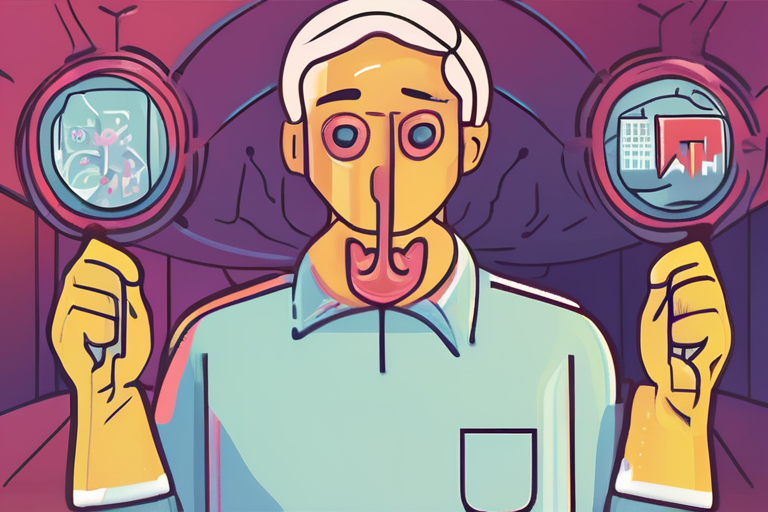



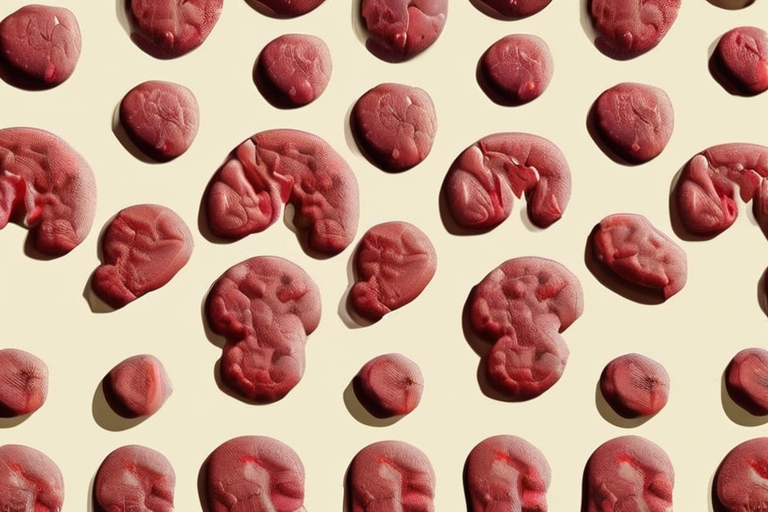
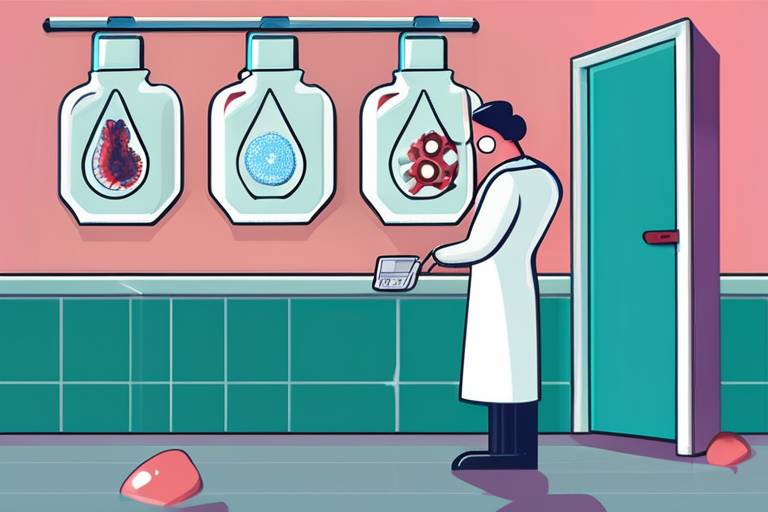

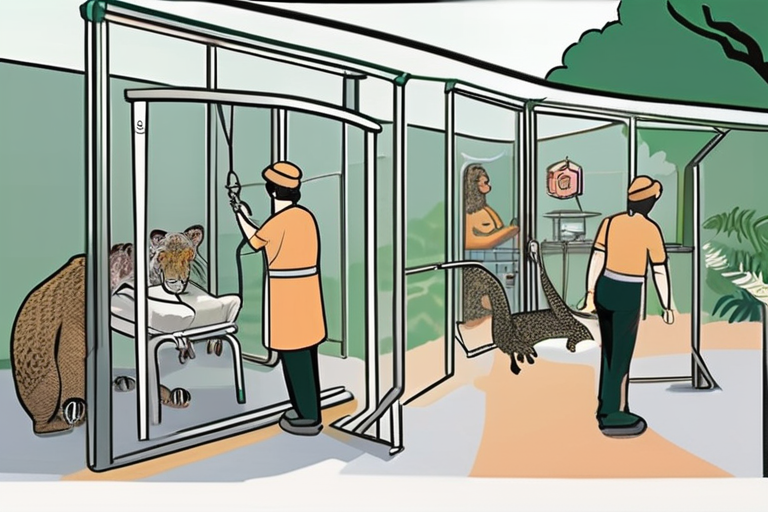
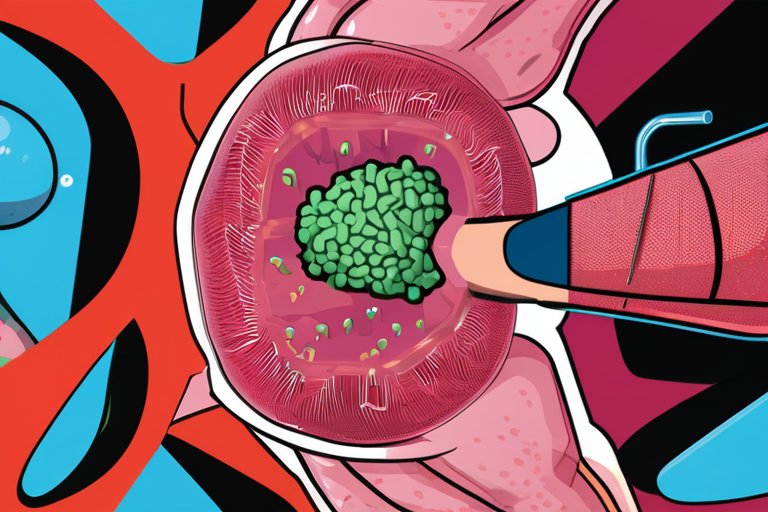
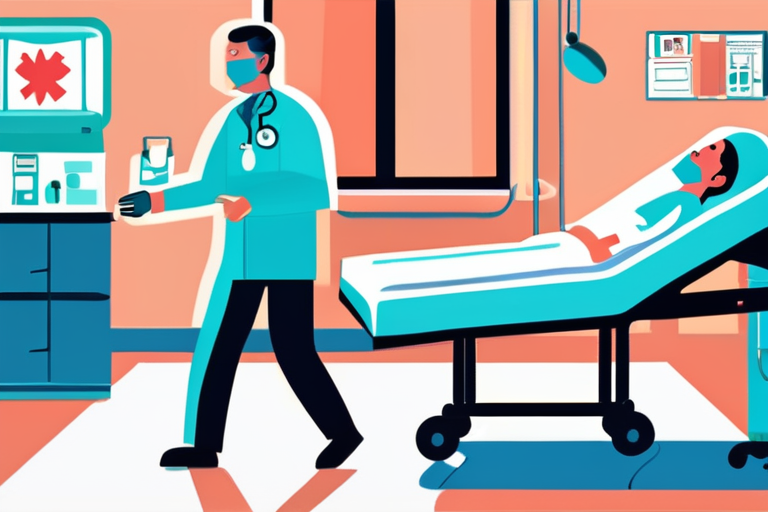

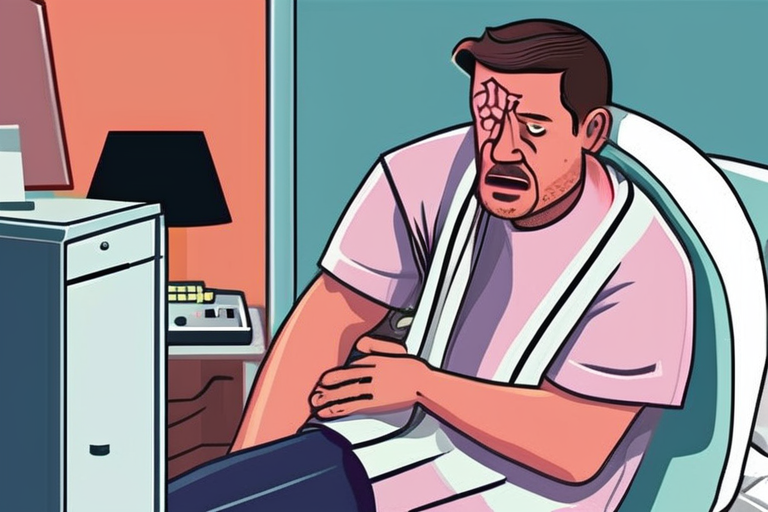



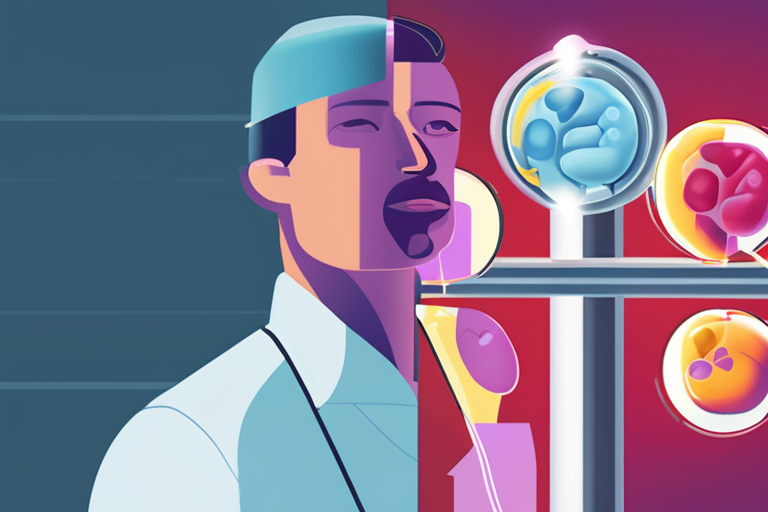
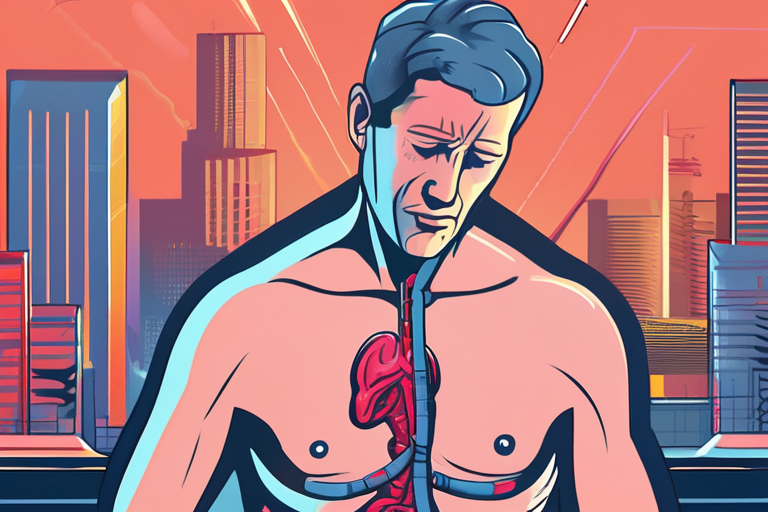
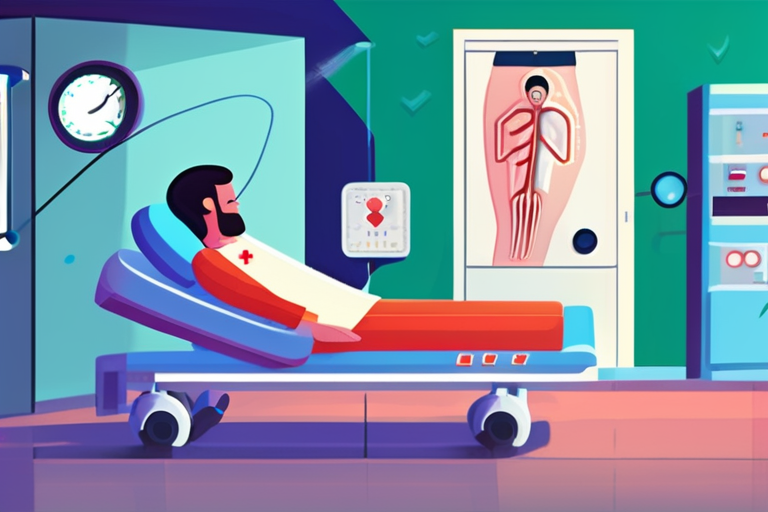
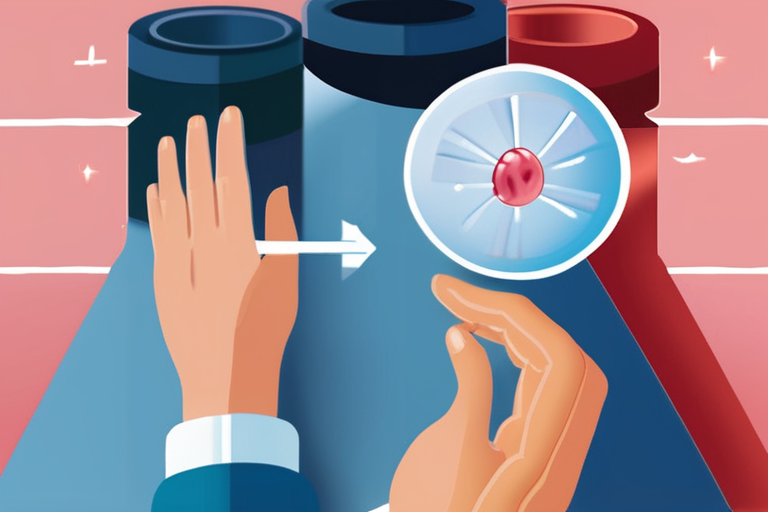

Share & Engage Share
Share this article